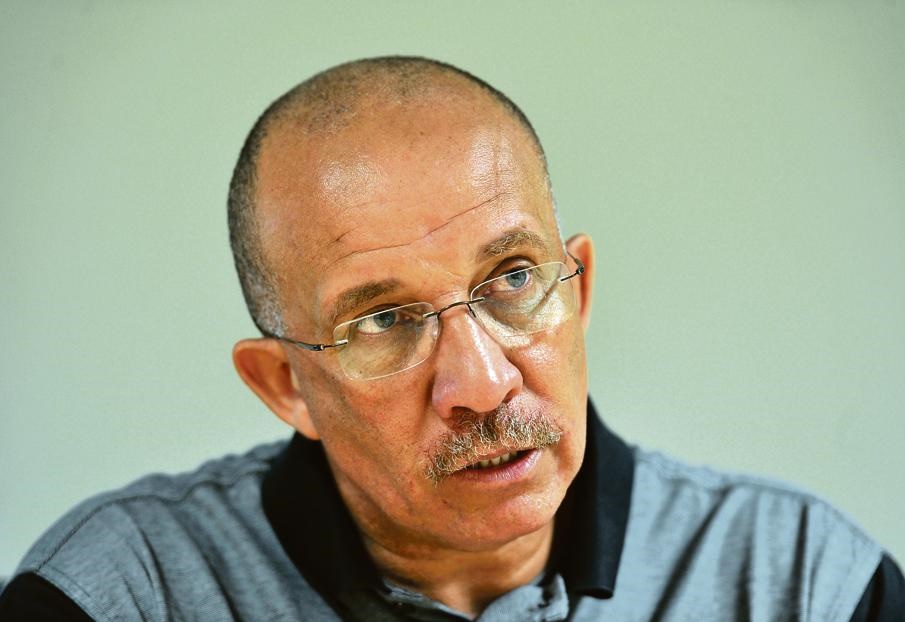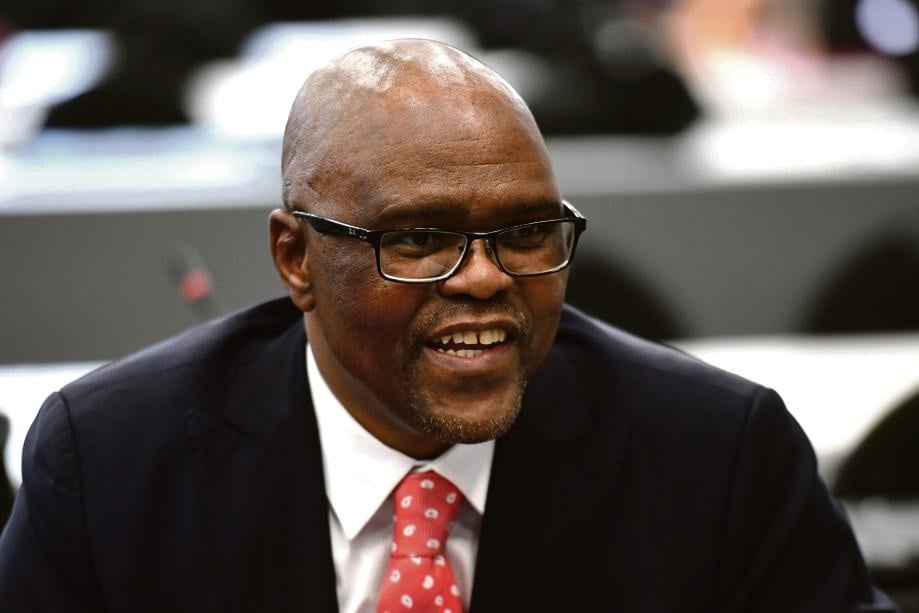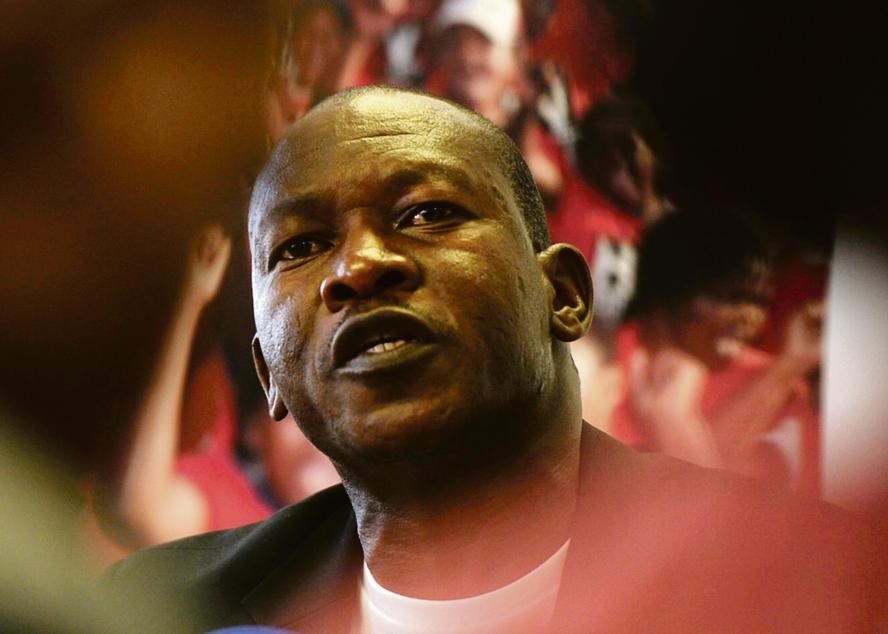As criminals target Treasury and try to erode its powers to combat fraud, calls for procurement policies to be ratified are growing ever louder
National Treasury is teetering on the edge of a cliff.
A respected government department which partially succeeded in keeping politicians and private businesspeople out of the state’s coffers, the institution is beginning to cave in.
Even after the revelations at the state capture inquiry, rapacious politicians and tenderpreneurs are now at the door of the state’s safe, and are slowly breaching the structures that previously insulated Treasury from complete capture.
Current and former officials told City Press last week that it is open season at Treasury – just like it was at Eskom, SAA, the department of water and sanitation, Denel, the SABC, the SA National Roads Agency, Coega, Ithala Development Finance Corporation, the Independent Development Trust and other government departments.
One of the barriers that safeguarded Treasury was the Office of the Chief Procurement Officer (OCPO), the brainchild of former finance minister Pravin Gordhan.
Established by Kenneth Brown in 2013, the office played a key role in fending off spirited attempts to capture Treasury.
When Eskom, the transport department and the water and sanitation department wanted to sign secret government-to-government deals with China and Russia to build the Moloto Rail Corridor, Mzimvubu Dam and nuclear power stations, Treasury, under former director-general Lungisa Fuzile, and Brown, stuck fast to procurement policies.
In about 2015, the OCPO barred government and companies from deviating from tender prescripts and from extending contracts before seeking its permission.
Before that, the flimsiest excuses were conjured to flout the law, and the corruption cost taxpayers billions.
The OCPO also began publishing all contracts in which deviations and extensions were requested, the departments and parastatals involved, the contracts’ values, and whether or not Treasury had approved.
It was little surprise that when former finance minister Malusi Gigaba and his deputy, Sfiso Buthelezi, arrived at Treasury after then president Jacob Zuma appointed them in March 2017, one of their targets was to leash the OCPO.
In October 2017, City Press reported that Willie Mathebula, whom Gigaba appointed in an acting capacity following Brown’s resignation, had plans to curb his office’s powers.
Read: Treasury capture – Be afraid, very afraid
A memo at the time showed that Mathebula intended to “relook” at the powers of its governance monitoring and compliance (GMC) unit to approve or decline requests to deviate from tender laws and extend tenders.
He complained to Gigaba and Buthelezi that the office operated like a “dictator” and not an “enabler”.
When Mathebula was appointed, the office had already started consultations on the original Public Procurement Bill, which envisaged the creation of a stand-alone entity known as the Public Procurement Authority, which would have the power to cancel, amend or suspend any government contract.
It would also have had powers to search the procurement units of government departments and state-owned enterprises, seize documents and claim damages that the state had sustained from fraud and corruption.
These consultations have now stopped and the process has stalled without explanation.
More than two years after Brown left, his job has still not been filled.
Treasury advertised it in April 2017, with a requirement for a master’s degree in supply chain management.
In July last year, the advert was changed to say that the master’s degree was no longer a requirement but an “advantage”.
But after the requirements changed, the job was not re-advertised externally, which a number of senior executives interpreted as a move to boost Mathebula’s chances.
Treasury recommended his appointment, but the department of public service and administration vetoed it, arguing that he did not qualify.
Treasury did not respond to questions last week about why the job was not re-advertised and remained unfilled.
One of the pillars of the OCPO was Solly Tshitangano, a former chief director heading the GMC.
He left Treasury last month for Eskom, where he heads procurement.
Tshitangano, responsible for approving and declining deviation and extension requests, was disliked by politicians and civil servants alike for his unbending approach.
He knows the Public Finance Management Act (PFMA) inside-out and doggedly enforced compliance.
In about August last year, I received a dossier detailing corruption allegations against Tshitangano.
It appeared to be the work of an experienced spy, its carefully selected mix of fact and fantasy aimed at disinformation.
With no leads to follow, I threw it in the bin. Two weeks later, the same story was pitched to another publication, but senior colleagues also rejected it.
Later, I learnt that the dossier was commissioned by a senior Treasury official.
Another critical Treasury job is that of the Accountant-General, a position vacant since Michael Sass left at the end of 2015.
The Accountant-General is responsible for the implementation of the PFMA and the Municipal Finance Management Act (MFMA), as well as for developing accounting, internal audit and risk management across all spheres of government.
In September 2017, Gigaba appointed Zanele Mxunyelwa as acting Accountant-General.
Two months later, she told the Eastern Cape government that there was nothing wrong with how it appointed Liquid Telecom to deliver a R3 billion broadband project.
In October last year, the contract landed before the High Court in Bhisho, which found it to be legally flawed and invalid.
Read: Treasury bosses at war
Besides Tshitangano, other top executives who left Treasury disillusioned include former ICT chief director Schalk Human and former transversal contracts chief director Kenneth Pillay.
Treasury and the OCPO are bleeding capacity, and efforts to bring transparency to procurement are being eroded.
Read: The last stand: Saluting the heroes who defended the Treasury from capture
The revelations emerging from the state capture commission show how Treasury failed to deal with tender fraud. The collapse of the OCPO will enable even more of this.
If we are to prevent the likes of the Watsons and the Guptas from capturing the state, procurement reform and the Public Procurement Bill need to be implemented urgently.
This should be President Cyril Ramaphosa’s first order of business this year.




 Publications
Publications
 Partners
Partners











